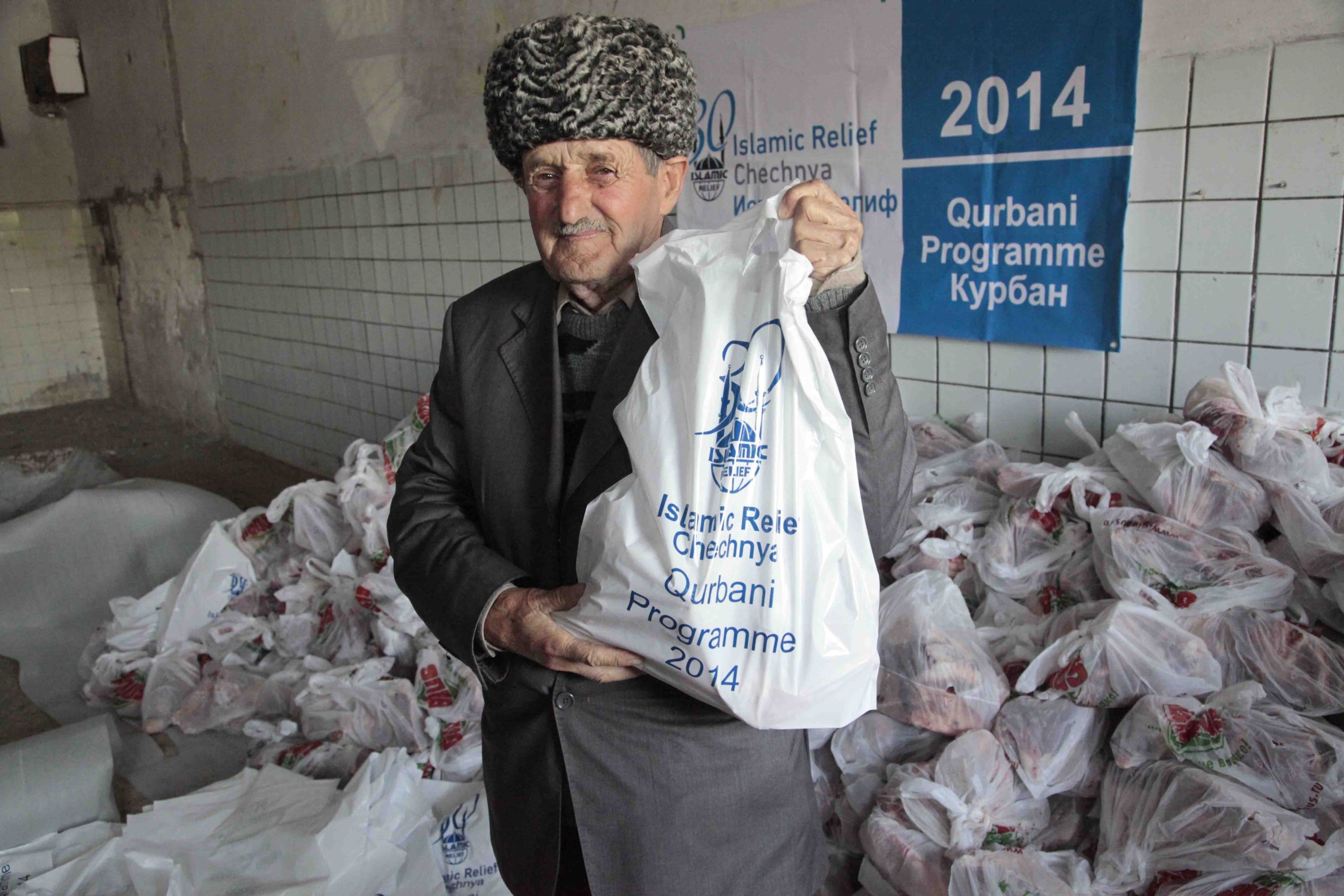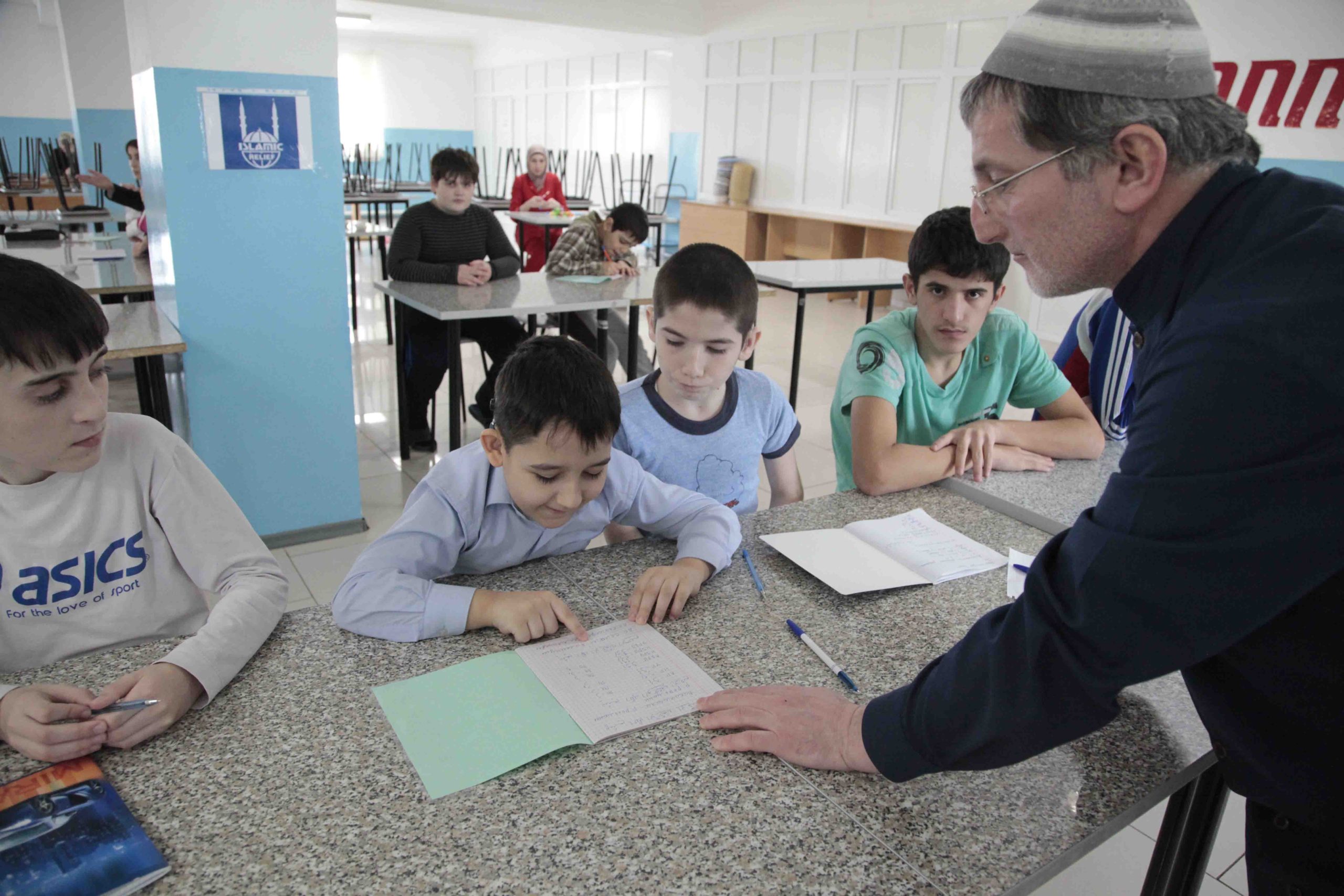In North Caucasus – composed of Chechnya, Ingushetia, and Kabardino-Balkaria – poverty levels are incredibly high. At a rate of 13.5%, around 19.5 million people live below the national poverty line.
In the Republic of Chechnya especially, years of repeated conflict and political instability have devastated the lives of local families. Chechens are now trying to rebuild yet unemployment is extremely high with 80% of people out of work. With a population of one million, many families still don’t have permanent homes as they were lost during the conflict and families cannot afford repairs.
With many Chechens living in governmental Temporary Accommodation Centres, locals lack basic food, medication, water, and sanitation. Winters are harsh and to make matters worse, Chechnya is one of the worst areas in the world, affected by mines, leaving communities in fear of activating landmines buried across the region.
Life can be challenging for many people across the Russian Federation:
- 28% of people in the Russian Federation do not have access to adequate sanitary facilities (World Bank, 2016)
- 50% of Chechens live on less than $1.10 (80 pence) a day (UNICEF, 2017)
- 200,000 people are internally displaced across Chechnya (UNICEF, 2017)
- More than 1 in 5 Chechens are aged between 3 and 17 years (UNICEF, 2017)
Islamic Relief in Chechnya
We began work in response to the conflict in 1995, providing emergency food, clean water, shelter and medical care to refugees. We support orphans through our sponsorship programme, and work with the World Food Programme to provide hot meals for children in school, ensuring they are healthily enough to benefit from their education.
We also focus on long-term development, such as reconstruction of homes and infrastructure, and livelihoods programmes. With unemployment so high, we provide families a chance to be able to support themselves.
Livestock for livelihoods
In Chechnya, thousands of women were left widowed by the horrific war, struggling to support their orphaned children. There is little opportunity for employment, so Islamic Relief is giving these women a chance…by giving them a cow! A family receives a pregnant calf, which provides milk and dairy products, which are not only eaten by the family, but also sold at the market to earn an income. Best of all, when the cows give birth, the new calf is given to another family in need, helping them to start earning a living too! This cycle continues, supporting multiple families to not be reliant upon charity.

